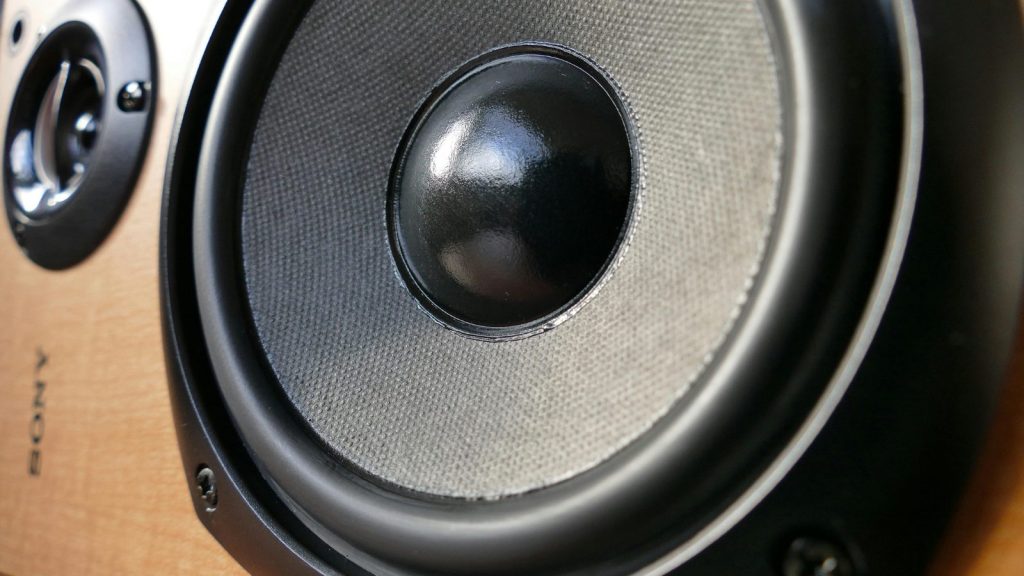Have you ever found yourself nodding along in confusion when your parents or grandparents bust out some seriously weird sayings? Those “Boomer” phrases they use can leave younger generations completely baffled. It’s like they’re speaking some sort of secret code!
We’ve all experienced that awkward moment of smiling and pretending to understand, while our minds race to decipher what in the world they actually mean by “putting a shrimp on the barbie” or “going for a spin.” And let’s be real, half the time we’re just too embarrassed to ask for clarification.

In this lighthearted blog post, we’ll look at 18 of the most baffling Boomer phrases that have left millennials and Gen Z scratching their heads. Get ready to reminisce about those “huh?” moments and maybe even learn the meanings behind some of these head-tilting expressions. Who knows, you might just impress your elders by finally decoding their lingo!
“Hang up the tube/pipe” (Meaning: End a phone call)

Ever hear your grandparents refer to hanging up the “tube” or “pipe” after a call? Makes sense if you remember those old rotary phones with the elongated mouthpieces. Hanging that up after chatting was literally putting the phone down. These days we just tap a screen, but the phrase stuck around. A real relic of analog technology lingo.
“Put a shrimp on the barbie” (Meaning: Grill some shrimp)

This classic line from those old Outback Steakhouse commercials left plenty of young folks scratching their heads. “Barbie” to a Boomer means a barbecue grill, not the iconic plastic doll. So they’re just saying toss some shrimp on the grill, but in that delightfully Australian way. Simple translation, but sounds totally bizarre out of context.
“Don’t be a square” (Meaning: Don’t be dull, boring, or uptight)

In the free-spirited 60s, being called a “square” meant you were hopelessly uncool, conformist, and straight-laced. The hip kids used it to poke fun at their buttoned-up peers. While this insult sounds silly today, getting labelled a “square” back then was like the ultimate stamp of dorkiness that could ruin your social life.
“Cruising the strip” (Meaning: Driving up and down a popular corridor or street)

For generations of teenagers, “cruising the strip” was a quintessential weekend ritual. They’d pile into a car with friends and just drive around the downtown area or commercial stretches, looking for excitement. Of course, this pastime seems terribly quaint and boring to young people today with infinite digital entertainment. But it used to be legitimately thrilling!
“Feed the dog” (Meaning: Feed the parking meter)

This random bit of meter-feeding slang emerged from the idea that you were literally “feeding” the meter by depositing coins into that hungry metal canine’s “mouth.” Slightly easier to decipher than some Boomer codes, but it still manages to furrow millennial and Gen Z brows when an elder tosses it out matter-of-factly.
“Going for a spin” (Meaning: Going for a casual drive)

Boomers use this phrase to describe impromptu joyrides or leisurely motoring excursions without a real destination. Since the word “spin” implies movement in circles, it paints a bizarrely dizzying image for younger people’s minds. Did they just aimlessly drive in loops when cars were new and exciting? So random yet so simple!
“No soap, radio” (Meaning: A definite rejection or refusal, meaning “no way”)

This snippet of vintage military slang arose as a shorthand way for radio operators to quickly deny requests from other personnel. The clipped phrase provided a succinct means of abrupt rejection while minimizing chatter. Today’s youth can’t help but imagine suds and radios colliding at these nonsensical-sounding words.
“It really crashed my hobby” (Meaning: It ruined my plans)

While the word “hobby” makes perfect sense referring to recreational pastimes, older folks occasionally use it in a context that leaves the younger set perplexed. Essentially, they’re saying something “crashed” or derailed their intentions and goals for a given situation. It’s easy to see how the mashup creates mass confusion.
“See ya later, alligator” (Meaning: Goodbye for now)

This silly, tongue-twisting farewell was born from 50s diner culture among the younger crowds of the era. They started rhyming “alligator” with “after a while” to coin the quirky catchphrase. While pure nonsense to subsequent generations, it embodied the era’s goofy, free-spirited slang perfectly.
“They really tore their hair out” (Meaning: They were very distressed, upset, or frustrated)

Most people instantly picture literal hair-rending or trichotillomania at this dramatic old saying. But Boomers just use it as a colorful way of expressing that someone was insanely vexed or overwrought over some source of aggravation. Dramatic effect achieved through slightly disturbing hyperbole aimed more at humor than self-mutilation.
“For a song” (Meaning: Very cheap or inexpensive)

This baffling idiom stems from the older days when singers on street corners would perform for spare change “for a song.” Getting something super affordable was like paying a song’s worth. Hard for modern minds to connect those dots without contextualization of quaint, Depression-era street entertainers passing the hat around.
“Hi-fi” (Meaning: High-fidelity sound equipment – often referring to a stereo system)

You’d be forgiven for confusing this term with modern WiFi if voiced by an elder today. Back in the 60s, high-fidelity “hi-fi” audio systems for playing music were the cutting-edge home entertainment tech. The abbreviation’s meaning got muddied as even higher sonic standards came along later. A prime example of outdated lingo soldiering on.
“Burn rubber” (Meaning: Accelerate quickly from a stopped position)

This phrase paints an amusing picture of melting tire residue left behind via scorching acceleration from stopped vehicles. While the rubbery screeching effect is less pronounced on modern treads, the idiom persists from when Detroit muscle cars were all the rage and teens would peel away from stoplights.
“Don’t have a cow” (Meaning: Don’t overreact or get too excited/upset)

Such an udderly bizarre outburst seems to liken someone’s overexcitability to a bovine’s alarm when startled or aggravated. Most speculate it originated from 50s beatnik slang amid the postwar boom’s excess. Still, most young people’s reaction upon hearing this line is uncontrollable eye-rolling at the random cow reference.
“Threads” (Meaning: Clothes or outfits)

In the 60s counterculture scene, stylish or hip clothing earned the slang term “threads” from style-conscious youths. Fast-forward decades later, and the dated lingo sounds patently absurd to modern ears likening duds to textile filaments. But hey, groovy slang had to start somewhere before going moldy.
“Knuckle sandwich” (Meaning: A punch or blow to the face)

This evocative metaphor compares forceful fisticuffs to offering up a backhanded sub – where the knuckles represent the searing “meat” portion crashing against the face’s “bread.” A staple of old tough-guy talk and Brooklyn-accented slapstick, the imagery behind this threat still lands with comedic effect.
“Cool as a cucumber” (Meaning: Very calm, relaxed, unflustered)

Certain Boomer-aged folks drop this bucolic veggie analogy to describe exceptionally chill, collected temperaments. In reality, the comparison stems from the old belief that cucumber plants and fruits remain remarkably cool even during hot days. An antiquated agrarian observation converted into lasting lingo about ice-veined reserve.
“What’s the 411?” (Meaning: Requesting the basic facts or information about a situation)

Those unfamiliar with this numerical shorthand from the 90s may mistake it for some secret code or cyberpunk glitch speech when uttered today. But asking “what’s the 411” just became hip-hop slang for “give me the low-down” derived from phoning 4-1-1 for directory assistance back when that was still a thing.
Baffled yet? Those 18 Boomer phrases probably had your head spinning faster than a 60s muscle car burning rubber down the strip. From “feeding the dog” to “going for a spin,” the older generation has an impressive arsenal of odd sayings up their sleeves.
But that’s all part of the fun! While their lingo may sound totally bizarre at first, decoding these unique expressions offers an amusing glimpse into different eras and mindsets. The generational language gap just goes to show how rapidly language and culture can shift over time.
So the next time your grandparents refer to “putting a shrimp on the barbie” or warn you “not to have a cow,” you’ll be armed with the knowledge to chortle knowingly. Who knows, you might even start sprinkling some of these vintage gems into your own conversations for a delightfully retro flair.